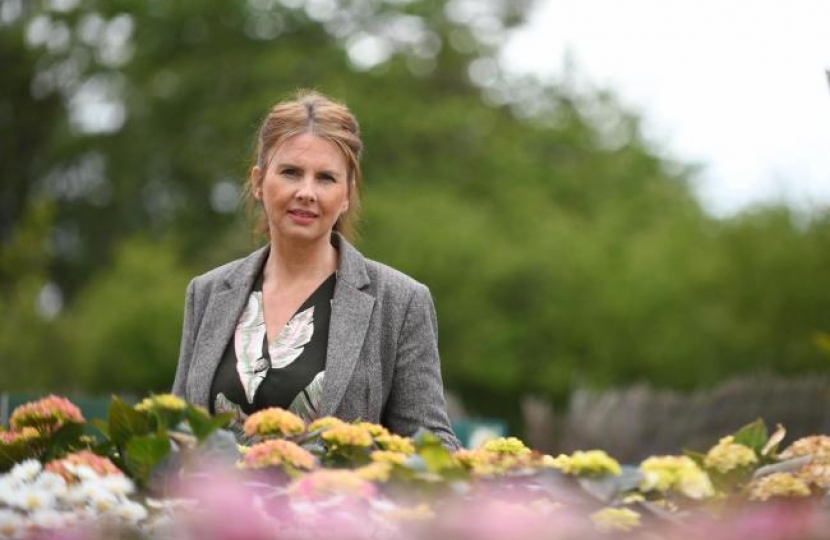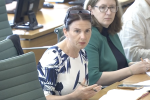
Trudy Harrison MP has welcomed the Government’s announcement of a revolutionary new bus strategy, backed by £3 billion of investment, that will see passengers across Copeland benefiting from more frequent, more reliable, easier to use and understand, better coordinated and cheaper bus services.
The strategy will require Cumbria County Council to work in partnership with bus operators to improve services for passengers in order to be eligible for funding in future.
Councils and operators will be expected to provide:
- Simpler single bus fares with daily price caps, so people can use the bus as many times a day as they need without facing mounting costs.
- More services in the evenings and at the weekends.
- Integrated services and ticketing across all transport modes in the area, so people can easily move from bus to train.
- Easy to access information, including online, so that services are simple to use.
- All buses to accept contactless payments.
Councils will also need to franchise services, as is the case in London, or establish statutory partnerships with operators – ensuring that they work in collaboration for the benefit of passengers. They will also be required to publish an improvement plan.
Such improvements will be underpinned by fundamental reforms to the sector and will see operators need to work with their local councils on targets for improving passenger numbers, reliability, and passenger satisfaction, to be eligible for future government funding.
Only councils and operators who work to meet these requirements will continue to receive the around £100 million per month emergency Covid funding for the sector, or any new sources of funding from the £3 billion investment.
Alongside the new bus strategy, the Conservative Government has also announced that Cumbria County Council will receive £1.5m as part of its £20 million Rural Mobility Fund, designed to trial on demand responsive transport in rural and suburban settings - such as mini buses booked via an app – where a traditional bus service isn’t appropriate.
This new funding will make a significant positive impact on the lives of people living in more remote communities across Copeland, by boosting their local transport links, as well as providing valuable insight into an innovative approach to bus travel.
Levelling up services across the country will help ensure more people turn to the bus, rather than the car, as the country builds back better and greener from the pandemic.
Trudy, said: “It is so important that residents have the facility of a good, regular and cost effective bus service which will allow access to family, friends, workplace, and leisure.
“The benefits of today’s £1.5m Rural Mobility Fund will greatly improve connectivity and will be particularly felt by those residents who do not readily have access to a car.
“Additionally, car owners who do choose to use the bus service are also helping protect the environment by reducing car journeys and their subsequent carbon footprint.
“This is a highly positive and transformational government initiative which will have a huge impact on my rural constituents.”
Prime Minister Boris Johnson said: “Buses are lifelines and liberators, connecting people to jobs they couldn't otherwise take, driving pensioners and young people to see their friends, sustaining town centres and protecting the environment.
“As we build back from the pandemic, better buses will be one of our first acts of levelling-up.
“Just as they did in London, our reforms will make buses the transport of choice, reducing the number of car journeys and improving quality of life for millions."
Transport Secretary Grant Shapps said: “Buses are this country’s favourite way of getting around. They help us get to school, to the GP, or to the shops – but services across England are patchy, and it’s frankly not good enough.
“The quality of bus service you receive shouldn’t be dependent on where you live. Everyone deserves to have access to cheap, reliable and quick bus journeys.
“The strategy I’m proud to unveil today will completely overhaul services, ensuring we build back better from the pandemic. Key to it is the new deal it offers to councils – we will provide unprecedented funding, but we need councils to work in partnership with operators, and the Government, to develop the services of the future.”


